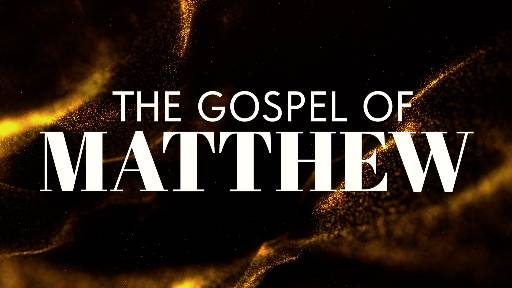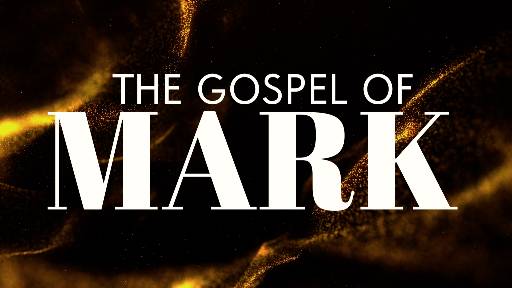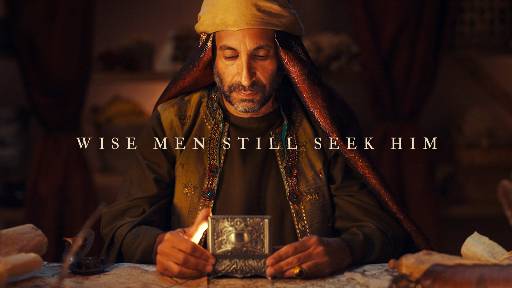-
From Epiphany To Transfiguration
Contributed by Christopher Holdsworth on Aug 11, 2024 (message contributor)
Summary: An epiphany is a sudden and unexpected revelation. Transfiguration is seeing Jesus in all His glory. It is His righteousness which prepares us to face God.
FROM EPIPHANY TO TRANSFIGURATION.
Psalm 50:1-6.
An epiphany is a wonderful, unpredictable thing. It is defined as a sudden and unexpected revelation. It is not something that we come to expect, or can hunt down. Not something that we can earn through works, or prayers, or religious rites. Or ‘getting up’ enough faith (whatever that means). God will not be bribed.
Moses was just walking along, doing his work, minding his own business. After forty years, perhaps he had all-but forgotten his misplaced and disastrous early zeal for God’s cause and people. But there it was, a STRANGE epiphany - enough to cause him to turn aside and inquire: a bush that burned but failed to be consumed.
And there He was: the voice of God in the midst of the fire. It was a life-changing moment in the pilgrimage of Moses. At the call of God, Moses became consumed by His Presence, equipping him for ministry. It was the beginning of a new epoch in the history of God’s dealings with mankind.
At Mount Sinai, Moses went forth alone. The people waited in the valley. Now it was a fire that consumed that set the boundaries of the mountain alight. The boundaries of Law, which says, ‘this far, and no further - or die!’
By the time Moses came down with the tables of the Law, the same people who had said, ‘what He commands we will do’, were dancing around an idol. The Law was broken, as it always will be (Romans 7:9-10) - with disastrous consequences. Many died that day, struck down by the finger of God. A TEMPESTUOUS epiphany indeed.
Elijah was fleeing from a woman when he had his epiphany. Somewhere between the LORD’s victory over Baal, and Jezebel’s saying, ‘Boo!’ - Elijah lost sight of the LORD, and fled. Perhaps he would find God again in the wilderness, or by the brook, or in His many other providences?
Or in a mountain cave - perhaps not unlike that in which Obadiah was bravely hiding other believers, whose existence Elijah refused to admit. Yet even Elijah could not manipulate God. God was not in ‘the earthquake, wind and fire’ - but when all this had settled down, He spoke in a, barely discernible, ‘still, small voice’. A CALMING epiphany. ‘Why are you here?’ He asked, more than once.
Peter, James and John were singled out by Jesus, and climbed a mountain with Him. Exhausted, they slept - but that did not prevent them seeing Jesus in all His glory. This was no ordinary theophany, but Jesus Himself, TRANSFIGURED before them. An UNEXPECTED epiphany of His glory.
The three sleepy disciples saw those other two mountaineers, Moses and Elijah, the Law and the Prophets, discussing as ever (read your Old Testament, and see), ‘Jesus’ departure that He was to accomplish at Jerusalem’. Beholding, they saw the cloud, heard the voice of God, and were left with a command to ‘hear Jesus’.
The privileged trio were commanded not to share what they had seen, until after the resurrection - which gave them enough material, along with what they had seen and heard, for theological reflection as they descended the mountain once more. Peter and John wrote about it in due time: but James the brother of John went to an early grave at the murderous hands of Herod, and I know of no such writing from him.
An epiphany speaks of the mighty God, the God who speaks, the God of all Creation (Psalm 50:1). The God whose word shines forth from the heavenly Zion, and from the earthly Jerusalem (Psalm 50:2), to the ends of the earth (Isaiah 2:3). The God who comes, and is coming, and shall not keep silence (Psalm 50:3).
Our God is a consuming fire (Psalm 50:3). But He is also the God of grace (cf. Hebrews 12:28-29). When He calls His covenant people to judgment, those bound to Him by sacrifice (Psalm 50:4-5), it is not necessarily something to strike terror into our hearts: because that covenant is true, and that all-sufficient sacrifice is Jesus.
And the heavens shall declare His righteousness (Psalm 50:6), even the righteousness which is ours in Christ Jesus (Romans 3:22). For God is judge Himself (Psalm 50:6), ‘that there is therefore now no condemnation to those who are in Christ Jesus’ (Romans 8:1). ‘And we have an Advocate with the Father, Jesus Christ the righteous’ (1 John 2:1), who silences the accuser of the brethren, and stands in our room and stead.
That is a judgment we can bear.

 Sermon Central
Sermon Central



